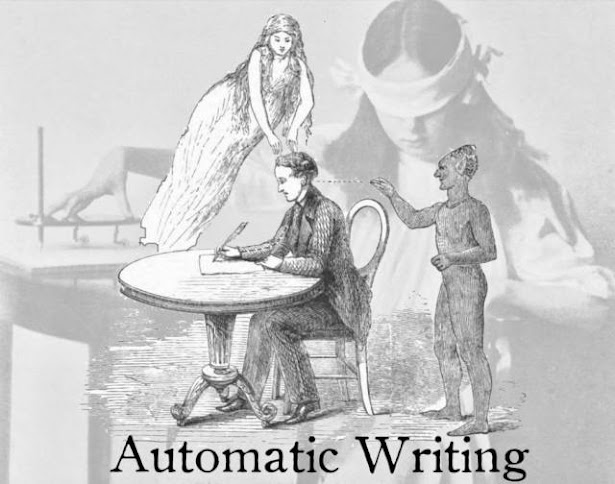Bart Ehrman's use of the "Freshman Advantage"
 |
| Bart Erhman (Photo: R. V. Huggins) |
So when it is stressed, for example, to the disadvantage of the Gospel accounts, that were were written 35 years after the events described in them, or even longer, such a statement might easily seem, to the freshman, to represent an unbridgeable temporal barrier against the possibility of the Gospels' representing accurate memory. After all Thirty five years is longer than freshmen and most other undergraduates have even been alive!
Once one's years have doubled and then tripled, however, 35 years looks much less imposing to accurate memory on the part of the Gospel writers. This is especially the case when one remembers that the ancient world was a largely oral culture and that feats of memory, such as the memorization of the whole of Homer's Iliad and Odyssey, were relatively common.
In any case here is a clip with Christian artist Randy Stonehill playing his early song, "Its Alright" from memory after more than 30 years. After singing it he says:
“'Alright now' is ... probably one of the first songs that I wrote as a Christian, and this is one of the first times I’ve attempted to play it in over thirty years.” (2:54-3:07)
Here is the original for comparison



Comments
Post a Comment